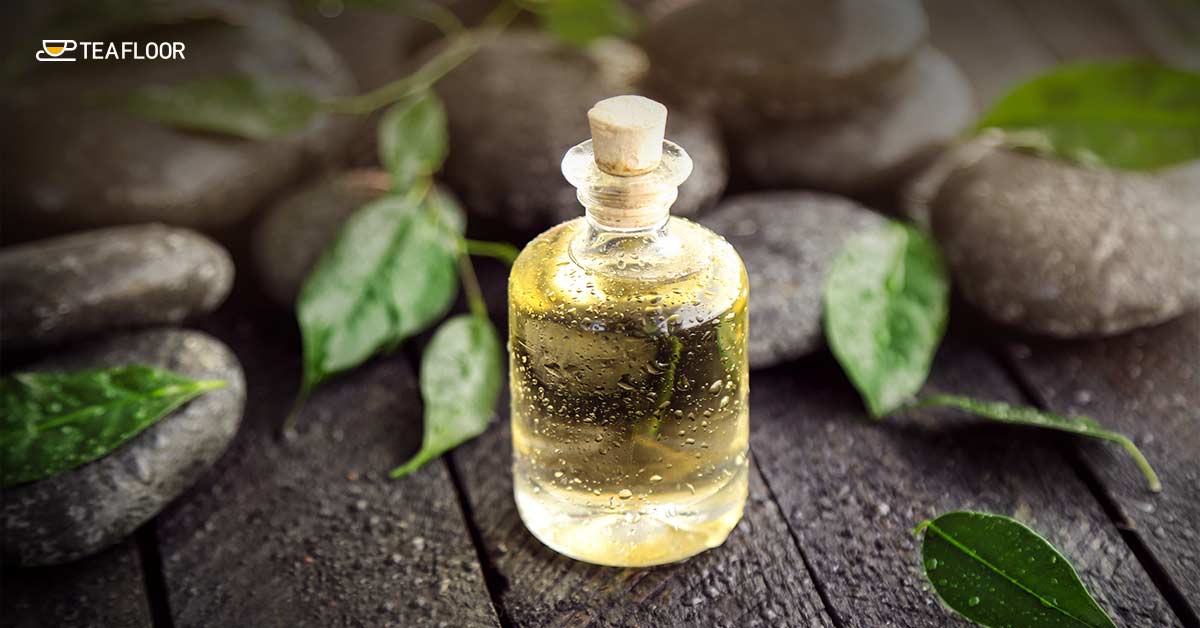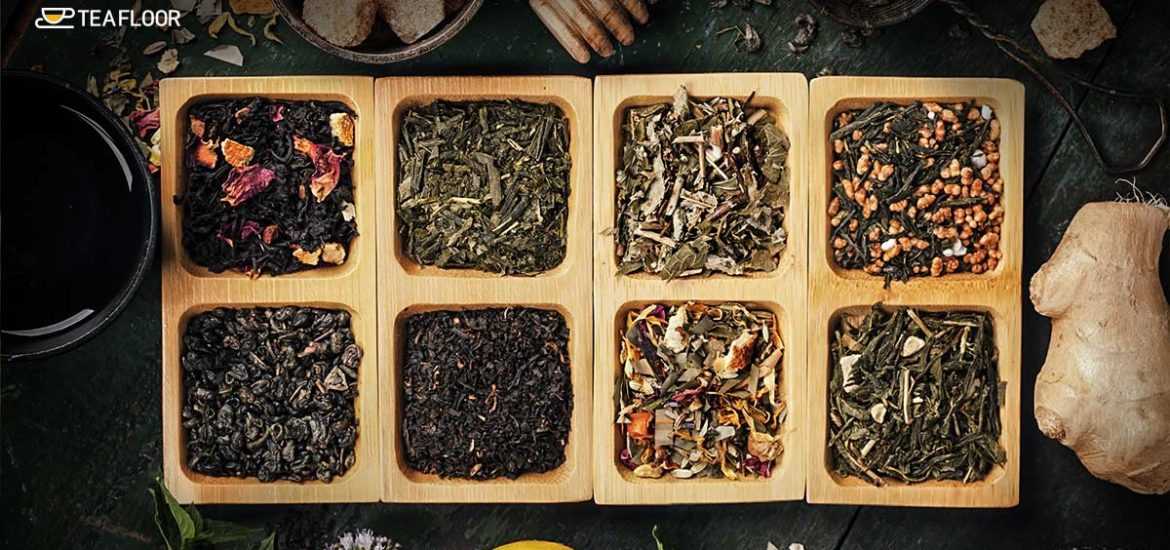With different varieties available, choosing the right tea can be an overwhelming task. A lot of information is available about the brewing techniques, health benefits of tea etc. Surprisingly, little is known about the shelf life of tea. There is a common misconception that tea has no shelf life.
Did you know that tea has a ‘best before date’ instead of an expiry date? Often people don’t understand the difference and use the two terms interchangeably. ‘Best before date’ of tea refers to the state of minimal changes in flavour and odour during storage. On the other hand, ‘expiry date’ means the date which signifies the end of the estimated date after which the commodity will lose quality and safety attributes.
Generally speaking, tea has a long shelf life due to its low moisture content which inhibits the growth of micro-organisms. With time, loss of sensory qualities begins to take place. Therefore, when we say that tea has crossed its ‘best before date’, it doesn’t imply any microbiological hazards. It is simply an indicator of quality i.e. loss of freshness and medical benefits. So yes, your tea has a shelf life!
Shelf Life Of Different Teas
The shelf life of tea depends on various factors such as the method of preparation, storage conditions etc. Let us study this in detail.
1) Green tea: Green tea contains the highest amounts of antioxidants compared to other tea varieties. As a non-fermented beverage, green tea is most susceptible to oxidation. This contributes to the loss of its characteristic colour and flavour.
Therefore, it is recommended to consume green tea within 12 months from the date of production.
2) Oolong tea: The semi-fermented oolong tea is popular for its unique earthy flavour and medicinal properties. The shelf life of this tea depends entirely on the extent of fermentation. When properly stored, oolong tea can last up to 24 months from the date of packaging with minimal loss of quality.
3) Black tea: Known for its robust flavour and dark colour, black tea is one of the most fermented teas available. This is the reason why it has a higher shelf life compared to green tea. If kept away from high temperature and sunlight, black tea can easily last up to 36 months.
4) White tea: White tea is one of the least processed teas. These leaves are loved worldwide for their fine flavour and delicate taste. White tea is known to get better with time. In this case, the older the tea, the more beneficial it is for health.
5) Herbal tea: Technically herbal tea is not actually tea. This is because it is made from the different parts of plants and shrubs except for Camellia Sinensis. The best part of tisanes is that they are naturally caffeine-free. Try to consume herbal tea within 12 months as many herbs lose flavour quicker than tea.

How To Reuse Old Tea
If you own tea that has surpassed its ‘best before date’, no need to throw it away. There are plenty of ways to use it and some are mentioned below.
1. Incorporate it in your ‘beau-tea’ regime.
Tea is not only good for health but also hair and skin. Soak 5 tea bags in boiling water and let it cool. Use this mixture for a pedicure to help relax yourself and heal cracked heels. You can also store this in a spray bottle and use it as a toner. The antioxidants in tea would provide hydration to the skin and reduce dark circles. Alternatively, brewed tea can be used as a hair rinse or shampoo. It will nourish, strengthen and keep your hair lustrous and healthy.
2. Use it for cleaning the house.
Yes, you heard it right! Tea is rich in a polyphenol known as tannic acid (highest in black tea). It can be used as a cleaning agent to effectively dissolve dirt and grease. All you have to do is rub damp tea bags over glass surfaces and wipe with a clean cloth for a sparkling house. Additionally, tea can be used to remove bad odours from the ill-ventilated spaces.
3. For gardening purposes.
Tea can be used as a natural fertilizer. It contains nutrients and trace minerals that promote healthy growth in plants. When the organic matter in tea decomposes, it increases the nutrient quality of the soil. You can also add tea to the compost bin.
Conclusion
The good news is that the shelf life of tea has no relation to health concerns.
All questions of storage are associated with the need to preserve the taste and aroma of tea. Tea is the greatest gift of nature. It serves as a delicious beverage which has miraculous effects on the body. Not only that, you can use it in numerous ways around the house.
The reuse of tea should always be promoted. This practice would help reduce waste and promote an environmentally friendly lifestyle.

I’m a Blogger, always ready to explore new things. Starting from Technology to Seo, webiners etc. Driving more and more traffic to our website is my passion.
